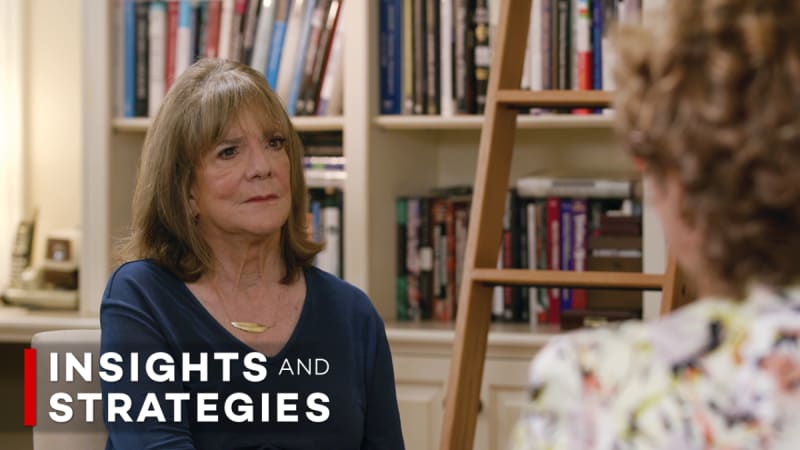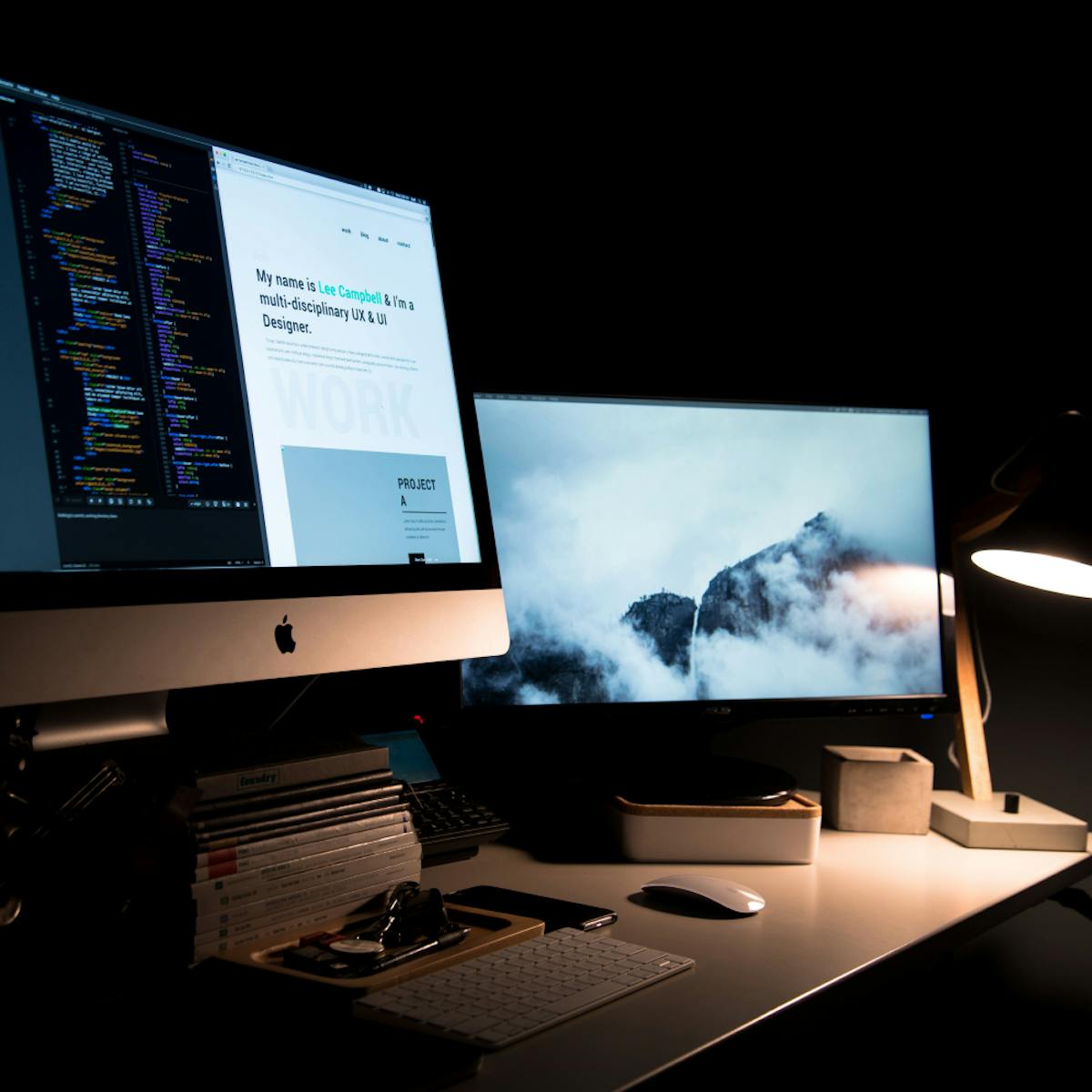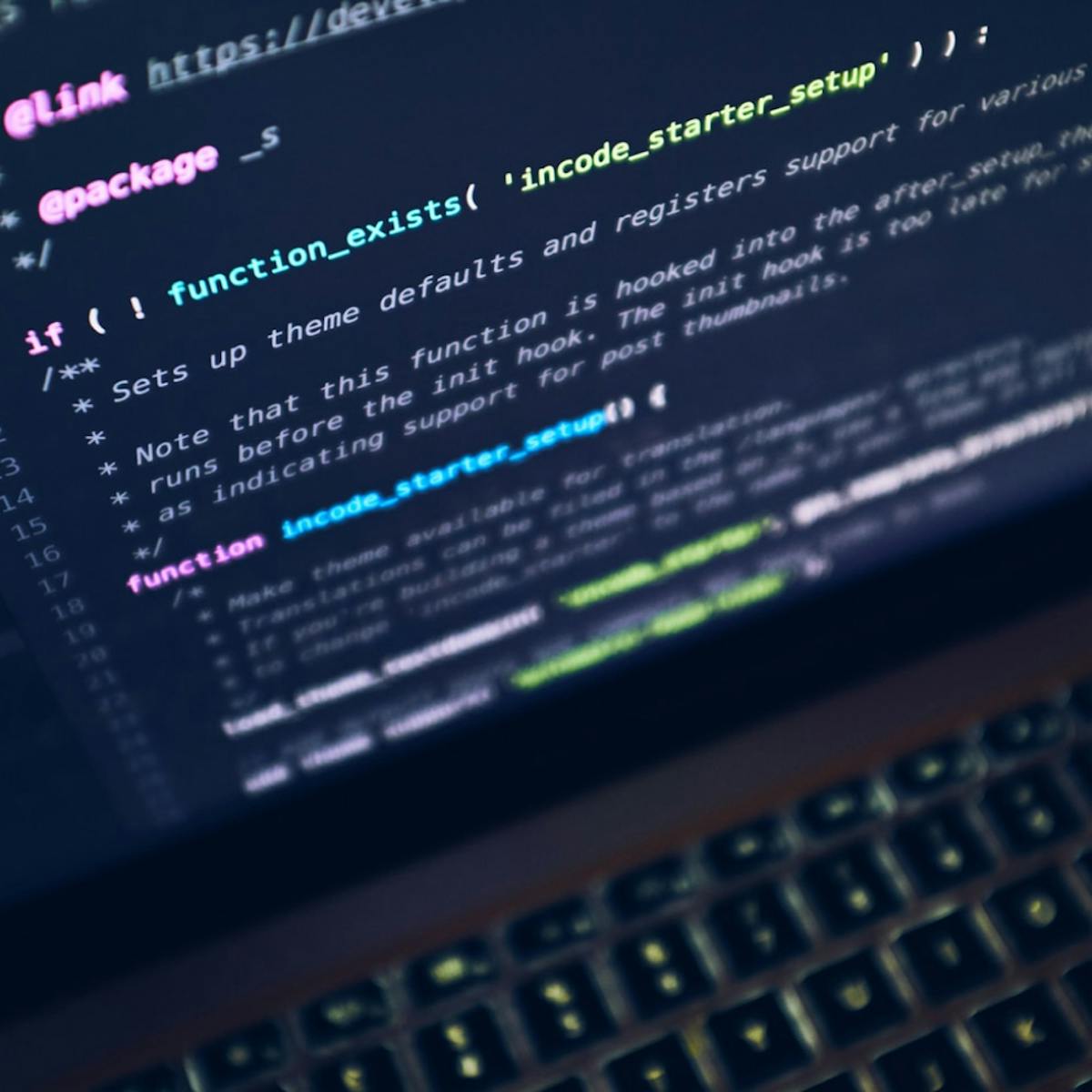What you'll learn
- Identify factors affecting eyewitness testimony reliability
- Explain the impact of false memories on legal outcomes
- Recognize the role of confidence in witness credibility
In this program, Dr Elizabeth Loftus (University of California, Irvine) discusses the intersection of psychology and law, and the unreliability of eyewitness testimony.
Eyewitness testimony and its veracity presents problems for juries and judges, according to the University of California’s Dr Elizabeth Loftus. She tells Eve Ash that this intersection of psychology and law has revealed that the more confident a witness, the more they are believed even if their memories are mistaken. More than 300 people, such as Steven Titus (misidentified as a rapist) have been convicted through faulty or false memories. The problem is compounded when zealous detective coach witnesses, or when false and distorted memories are “implanted”. People sometimes cling to a mistaken belief, even when the evidence shows they are wrong.
This program is one of the Insights and Strategies Series, featuring psychologist Eve Ash interviewing a range of experts and business leaders who share their experiences and practical strategies for achieving best practice.
Click here to get the Transcript.
Business Outcomes
This program is designed to help people learn more about human behavior and why people lie. It also provides an interesting exploration of wrongful convictions, false confessions, misidentification by witnesses and polygraphs.








